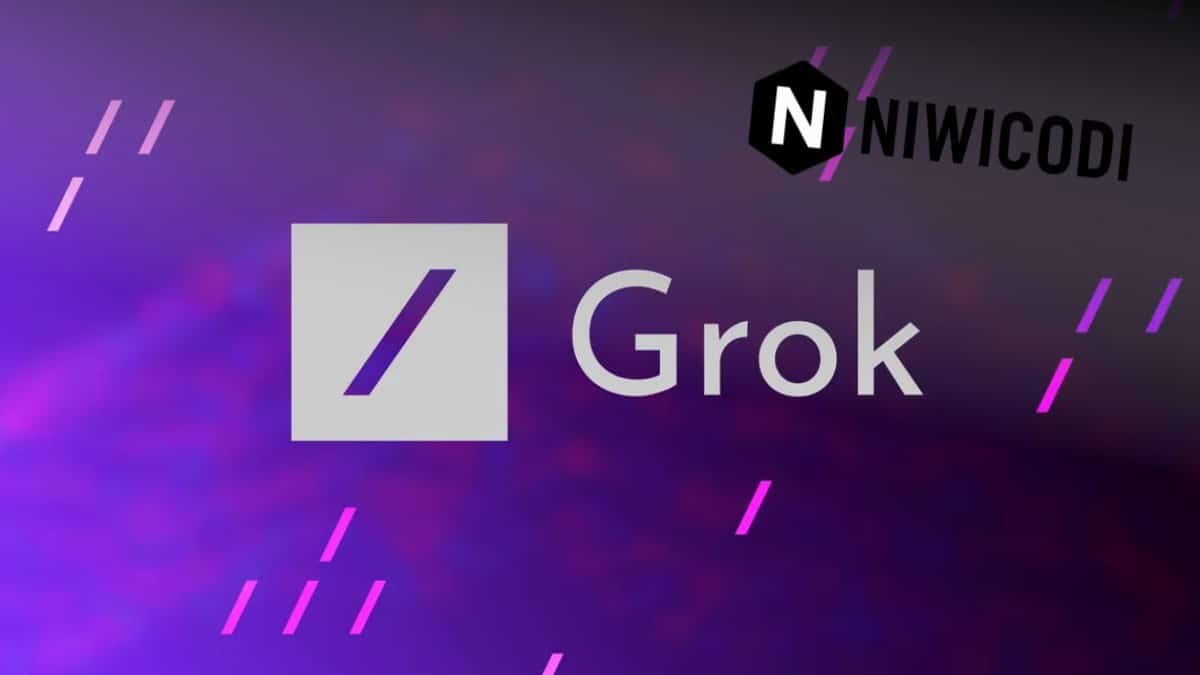Elon Musk is at it again, blending his tech-savvy persona with a touch of the whimsical as he muses about love using Grok, his AI tool. While most celebrate financial milestones with a quiet dinner or champagne, Musk takes to his social media platform, X, to share this novel intersection of technology and emotion.
The Intriguing Intersection of AI and Emotion
When Elon Musk uses Grok to ponder love, it’s more than just a billionaire’s weekend musing. It raises fascinating questions about AI and its role in understanding emotions. Grok, like many AI tools today, is designed to analyze and predict based on data. But can it truly grasp something as inherently human and subjective as love?
AI’s strength lies in its ability to process data, spotting patterns and making predictions with remarkable accuracy. However, emotions like love are not quantifiable. They’re influenced by countless variables—cultural background, personal experiences, even a person’s daily mood. So when Musk uses Grok in this context, it highlights the limitations and potential of AI in exploring areas traditionally governed by human intuition.
This isn’t just theoretical speculation. Consider the real-world applications: AI-driven mental health apps are already providing support by analyzing user interactions to gauge emotional states. But these tools are guides at best, lacking the nuanced understanding of humans. Musk’s playful exploration with Grok underscores this point—AI can assist and augment, but there are still frontiers where the human touch is indispensable. To read Robots Start Lifting Cities to Fight Rising Seas in 2025
Yet, Musk’s vision is rarely confined by limits. His use of Grok suggests a future where AI could become more attuned to our emotional landscapes. Imagine personal assistants that organize your calendar but also check in on your emotional well-being. The idea may seem far-fetched now, but so did electric cars once upon a time.
As we ponder these possibilities, it’s crucial to remember that technology is a tool reflecting its creators. Musk’s experiment with Grok invites reflection on how we integrate AI into life in ways that are profoundly personal. It’s an invitation not just to innovate but to do so thoughtfully.
In the end, Elon Musk’s playful engagement with AI and emotion serves as a reminder of technology’s limits: while it can mimic human interaction, it cannot replace the rich tapestry of feelings that define our experiences. As we continue developing these tools, we must remain grounded in their purpose—to enhance human life without diminishing its complexities and depth.


